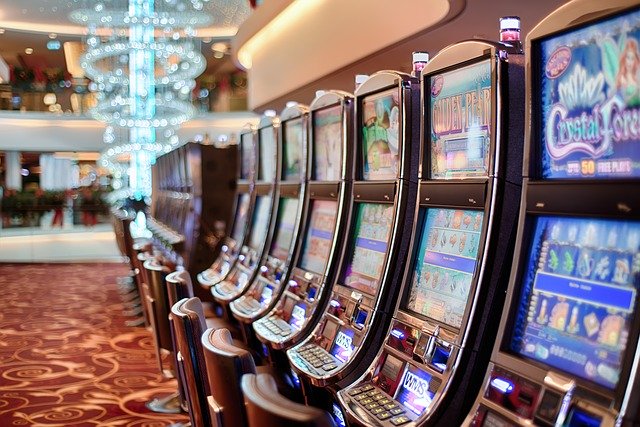Kelowna is a popular Canadian city located in the beautiful Okanagan Valley in southern British Columbia. As in other cities and towns in North America, communities in Kelowna also face the increasing problem of addiction to gambling.
Addiction to gambling is somewhat different from other addictions since it has the potential to go under the radar without being noticed for a long time.
Gambling and consumption of alcohol are socially accepted entertainment in western culture. For example, gambling-related activities such as lottery, bingo, casino games, slot machines, internet betting, and poker are seen as harmless recreational activities.

Because of this, addiction problems to this seemingly fun activity generally goes under the guise of a harmless indulgence. However, for some people, it could progress into a serious problem with behavioural, emotional, financial or health consequences.
Gambling addiction in an person can gradually lead them into desperation for money, compulsion to win at any cost and an strong desire to show off as a winner.
In reality, addiction to gambling in Kelowna can run in families and can be associated with other types of addictions. For instance, if a person has family members with issues related to alcohol or drug abuse, that person is at a higher risk for gambling disorder.
Mental health specialists classified the gambling as a behavioral addiction. They added it to the list of disorders related to substance abuse issues. This step is taken after reviewing neuroscience research which demonstrated that men and women addicted to gambling showed a number of behaviors also seen in drug and alcohol addicts, such as changes brain activity and behavior patterns.
Studies that clear the way to classify gambling disorder along with alcohol and drug addictions is based on brain imaging and neurologic response to exposure. Researchers noticed several patterns between gambling and substance abuse in the way how brain responds to specific cues connected to reward system.
From studies of brain scans, experts say that people who are predisposed to addiction appear to have an underactive reward system reaction in their brain. As a result, these people are drawn to activities and substances such as gambling and drugs that stimulate the reward the nerve pathways.
Interestingly, an area in the human brain that is connected to gambling as well as substance abuse conditions is the prefrontal cortex. Since this is the region of the brain that is linked to our decision-making, impulse control, and cognitive regulation, the relationship to gambling addiction appears to be a logical link.
Researches who are trying to understand the problem gambling agree about the complexity of the neuroscience behind this issue. As experts try to figure out the exact mechanism for gambling addiction, just understanding potential vulnerabilities could help people to be extra careful when considering recreational gambling related activities.
For research on pathological gambling check out: https://www.ncbi.nlm.nih.gov/pmc/articles/PMC3722301/
